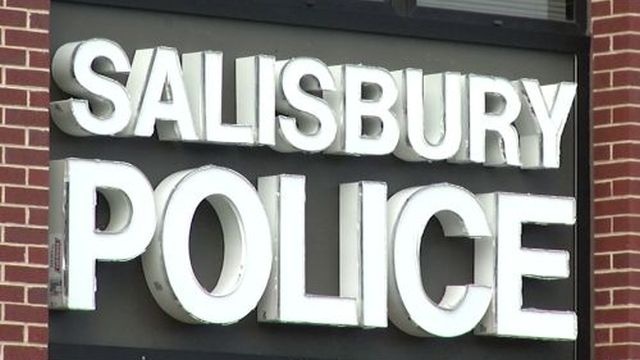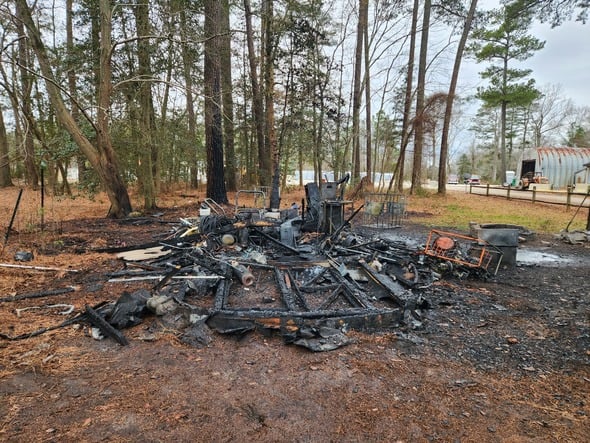Community and police meet again in Salisbury

From Ferguson to Baltimore, tension between police and community has boiled over. In Salisbury, police and the community are working on that tension by working on their relationship itself.
It started with a meeting a few months ago during a crime wave that subsided, and continued Tuesday night, with another roundtable talk, at St. Paul’s A.M.E Zion Church.
“Bring law enforcement and community together as one, and deal with the issues facing our community that’s the purpose of these meetings,” says Rev. Thomas Tucker, the Pastor at St. Paul’s.
Tuesday’s meeting was scheduled well before some demonstrations in Baltimore turned violent. But what is a gaping wound in Baltimore remains a festering one for young black men in Salisbury, after three protesters were arrested at the city Christmas parade last year.
“They got to feel like they belong. And right now they don’t feel like they belong, they feel like they’re being picked on,” says Rev. Lewis Watson of the First Baptist Church.
Rev. Watson acknowledges that certainly there are many black men are committing crimes, adding “there are black men, there are also white men, but right now it appears there is an outrage on black men.”
The initial purpose of the meeting was to talk about the Department of Justice report on racially-based injustices within the police department in Ferguson, Missouri.
Salisbury Police Chief Barbara Duncan discussed the report, specifically violations of constitutional rights, and a police force that was in it for revenue — not to serve and protect.
She also discussed progress within the Salisbury Police Department. She says the system the department uses to evaluate its officers places more value on certain aspects of community policing, things like officers on foot patrol, bike patrol, and learning about the neighborhoods in which they work.
“Even before our recruits go into the academy for formalized training, they’ve been part of these meetings right here in this very church,” says Duncan.
It’s clear that what both police and these church leaders want is trust, working both ways.
“It’s not all of the law enforcement, but as the adage says, one apple can spoil the whole batch,” says Rev. Watson.
Building trust starts with rebuilding respect among young people.
“Not only are they disrespecting the police, they’re disrespecting the church. And then they want to know why they’re not being respected,” says Rev. Tucker.
The relationship between police and the black community is heading into unknown territory.
But these leaders agree that they have to reach out to young people and communicate across generations.
Or as Rev. Tucker puts it, “They know the ‘now.’ My job is to get to know the ‘now’ from their point of view, and share with them the past from my point of view, and then work together from that point – forward to what we do in the future.


